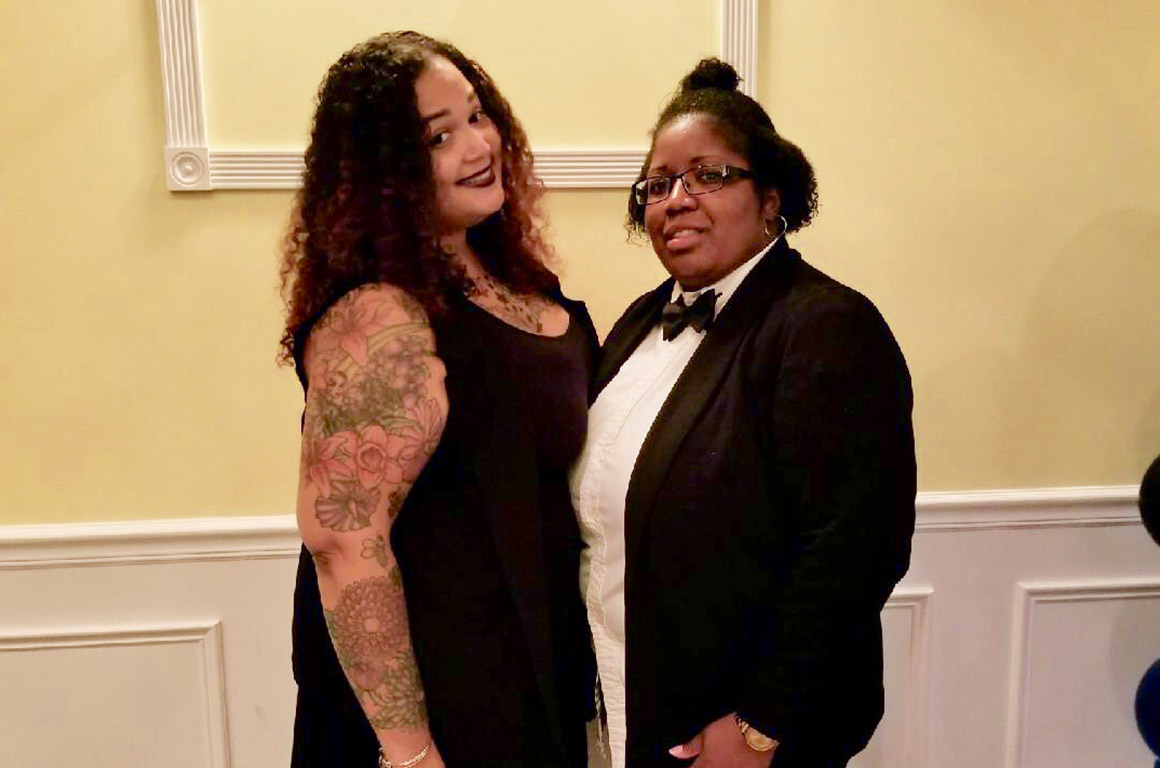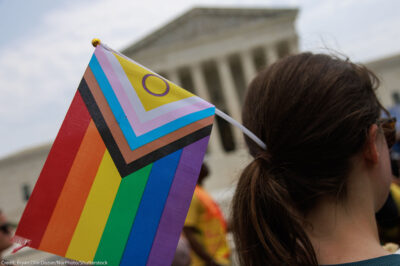Federal Appeals Court Urged to Uphold Discrimination Ban in Tax-Funded Public Child Welfare Programs
PHILADELPHIA т Several organizations weighed in yesterday in the first major case related to religiously motivated discrimination since the Supreme Court refused to grant a broad license to discriminate in Masterpiece Cakeshop.
The current case is about whether the city of Philadelphia can require foster care agencies with city contracts to abide by its nondiscrimination policies. The РЯАФУХПЊНБНсЙћ represents the Support Center for Child Advocates, a nonprofit organization that provides legal representation and services to children in the foster care system, and Philadelphia Family Pride (PFP), a membership organization of LGBTQ parents and prospective parents. In July, a federal court in Michigan rejected the argument that government-contracted child placing agencies have a constitutional right to exclude same-sex couples or other prospective families who donтt meet an agencyтs religious test.
Organizations filing friend-of-the-court briefs include:
- Faith organizations including the United Church of Christ, the Covenant Network of Presbyterians, and the Central Conference of American Rabbis, and more than 30 individual clergy members from Pennsylvania, New Jersey, and Delaware representing the spectrum of religious communities refuting the suggestions that people of faith as a whole reject LGBT equality and that LGBT equality is at odds with religious liberty
- The Anti-Defamation League, Muslim Advocates, Sikh Coalition, and several other organizations concerned about the impact on minority faiths if tax-funded organizations providing government services are allowed to discriminate based on their religious views
- Seventeen states, including Pennsylvania, Massachusetts, Iowa, Illinois, and Oregon, as well as the District of Columbia, explaining why itтs important to the operation of their child welfare systems for agencies to accept all qualified families, and refuting the assertion that their child welfare systems were unable to meet the needs of children when some agencies that were unwilling to comply with nondiscrimination provisions chose to cease providing tax-funded child welfare services
- Child welfare advocates arguing that the best interest of children is met by having the widest range of families available and through long-standing professional standards against discrimination in child placement.
currently have laws or practices that allow LGBTQ people or same-sex couples т or anyone else who doesnтt satisfy an agencyтs religious litmus test т to be turned away from state-licensed agencies, most of which are tax-funded. Recently, an amendment was proposed to the federal Health and Human Services budget that would have allowed taxpayer-funded child welfare agencies nationwide to turn away potential adoptive or foster parents based on a providerтs religious beliefs. This amendment was defeated last week. A federal court in Detroit ruled in September that a challenge by two same-sex couples who were turned away from tax-funded child welfare agencies could move forward.
Leslie Cooper, deputy director of the РЯАФУХПЊНБНсЙћтs LGBT and HIV Project, issued the following statement:
тIn America right now, there are over 400,000 children in foster care, many of whom are placed far from their school and community, separated from siblings, or living in group homes because of the shortage of foster families to care for them. Allowing good families to be turned away because they donтt meet a religious litmus test denies children families they desperately need. Prospective foster parents who want to open their hearts and homes to a child in need, should be judged on one thing: their capacity to provide love and support to a child.т
Oral argument at the Third Circuit Court of Appeals in Philadelphia has been scheduled for the week of November 5.
For links to the briefs and more information about the case, visit: /cases/fulton-v-city-philadelphia
This release is available online here: /news/federal-appeals-court-urged-uphold-discrimination-ban-tax-funded-public-child-welfare-programs




